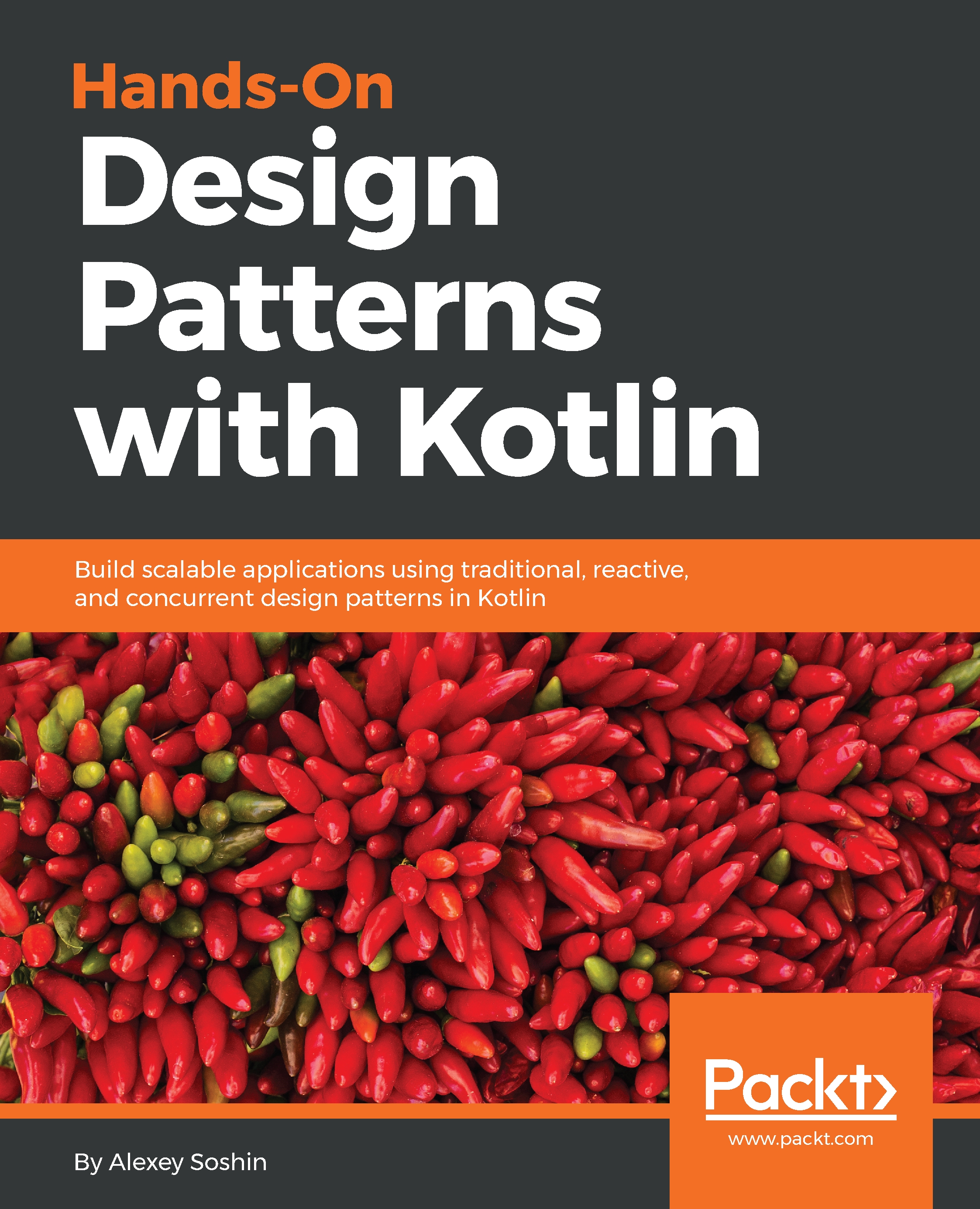In our StoryLand, the same lazy architect, me, is struggling with a problem. Back in Chapter 4, Getting Familiar with Behavioral Patterns, we wrote an HTML page parser. But it depends on whether somebody already fetched the pages to parse for us. It is also not very flexible.
What we would like is for one coroutine to produce an infinite stream of news, and for others to parse that stream in steps.
To start working with DOM, we'll need a library, such as kotlinx.dom. If you're using Gradle, make sure you add the following lines to your build.gradle:
repositories {
...
jcenter()
}
dependencies {
...
compile "org.jetbrains.kotlinx:kotlinx.dom:0.0.10"
}
Now, to the task at hand.
First, we would like to fetch news pages once in a while. For that, we'll have a producer:
fun producePages() = produce {
fun getPages(): List<String>...


